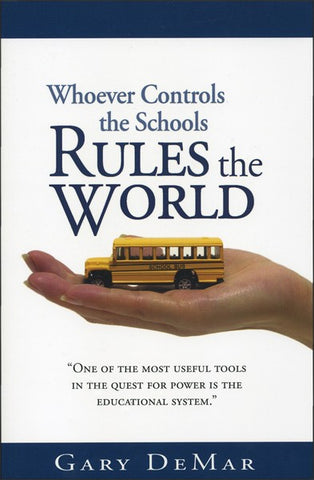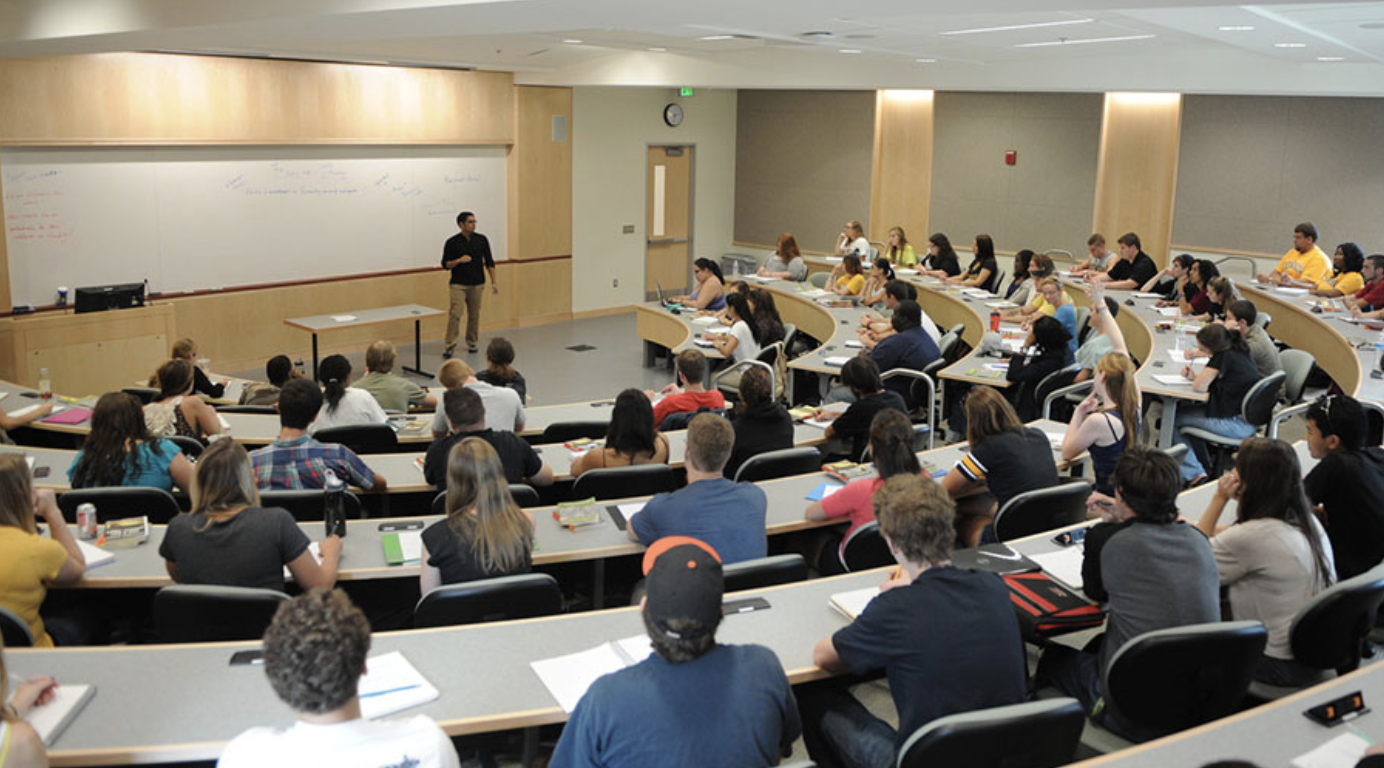Gary discusses a new book called America’s Cultural Revolution by Christopher Rufo.
The oppressive nature of the older Communism was noted by Antonio Gramsci (1891–1937), a committed Marxist with a new approach to bring about cultural and social change. In order to capture democratic nations, a new model would have to be developed. Like the revolutionary Marxists before him, Gramsci considered Christianity to be the “force binding all the classes—peasants and workers and princes, priests and popes and all the rest besides, into a single, homogeneous culture. It was specifically Christian culture, in which individual men and women understood that the most important things about human life transcend the material conditions in which they lived out their mortal lives.”
Gramsci broke with Marx and Lenin’s belief that the masses would rise up and overthrow the ruling “superstructure.” No matter how oppressed the working classes might be, their Christian faith would not allow such an overthrow, Gramsci theorized. Marxism taught “that everything valuable in life was within mankind,” but this unbridled secularism was rejected by Christians. Perceptively, Gramsci realized that in the long run what people did not ultimately believe in they would not fight for. Was Gramsci right? “The only Marxist state that existed” in Gramsci’s day “was imposed and maintained by force and by terrorist policies that duplicated and even exceeded the worst facets of Mussolini’s Fascism.” The building of the Berlin Wall was the most visible evidence of Gramsci’s early critique of traditional Marxism. Walls had to be built to keep people from escaping the “Workers’ Paradise.”
While Gramsci was still a committed Marxist and “totally convinced that the material dimension of everything in the universe, including mankind, was the whole of it,” he believed that the road taken to “utopia” by traditional Marxists was one lined with formidable obstacles. Gramsci began his re‐imaging of Marxism by dropping the harsh slogans. “It wouldn’t do to rant about ‘revolution’ and ‘dictatorship of the proletariat’ and the ‘Workers’ Paradise.’” Instead, Marxism would have to put on a new face and talk about “national consensus,” “national unity,” and “national pacification.” The democratic process rather than revolution would be used to bring about the necessary changes. At first, pluralism would be promoted and defended. Further, Marxists would join with other oppressed groups—even if they did not share Marxist ideals—to create a unified coalition of voting power. After building their coalition “they must enter into every civil, cultural and political activity in every nation, patiently leavening them all as thoroughly as yeast leavens bread.” To change the culture, Gramsci argued, “would require a ‘long march through the institutions’—the arts, cinema, theater, schools, colleges, seminaries, newspapers, magazines, and the new electronic medium [of the time], radio.”
Following Gramsci’s paradigm, the mind had to be stripped of any notion of the transcendent—“that there is nothing beyond the matter of this universe. There is nothing in existence that transcends man—his material organism within his material surroundings.” The pagan notion of the separation of the two realms (spiritual/material, heaven/earth) that has dogged orthodox Christianity since the first century had to be reintroduced and reinforced.

Whoever Controls the Schools Rules the World
It's been said that "the philosophy of the classroom in this generation will be the philosophy of life in the next generation." Our earliest founding fathers understood this. That's why, after building homes and churches, they established educational institutions like Harvard, Yale, Columbia, and Dartmouth. Over time, most Christians have adopted the false premise that facts are neutral. They believe it doesn't matter who teaches math, science, and history, because facts are facts. The humanists took advantage of this type of thinking by gradually shaping and controlling education in terms of materialist assumptions.
Buy NowGary discusses a new book called America’s Cultural Revolution by Christopher Rufo. In this book, Rufo shows how the leftist takeover was both intentional and long-term. While it actually took much less than fifty years, it was strategic and didn’t require a fight. Conservatives stood by and allowed it to happen in plain sight.

